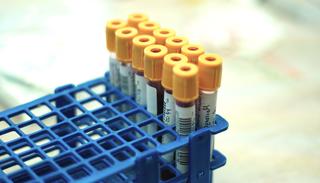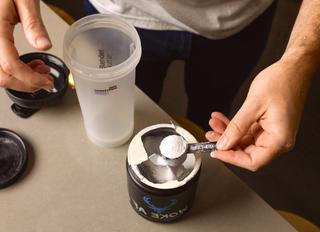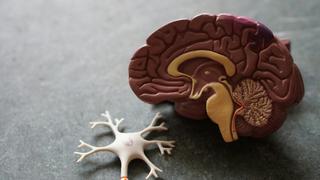Creatinine, also abbreviated as creatine, is a substance that is formed in the muscles during the body's breakdown of creatine phosphate, which is also commonly referred to as the body's energy reserve. It is the muscle mass that determines how much creatinine is formed. In the kidneys, creatinine is filtered out, which then accompanies the urine.
The creatinine test is for you who want to gain insight into how your kidneys are doing and whether you may be affected by reduced kidney function. The test is performed by taking a blood sample from the blood vessels of the arm. The sample is then sent to an accredited laboratory where the creatinine level is carefully measured. This gives you an indication of how well your kidneys are filtering creatinine and whether there are any deviations from normal levels.
Analyzing creatinine levels can also be relevant when assessing the risk of diabetes. An elevated level of creatinine can be a sign of impaired kidney function, which is a common complication of diabetes. Diabetics are at increased risk of developing kidney disease, and regular monitoring of creatinine levels can provide indications of possible kidney problems.








































